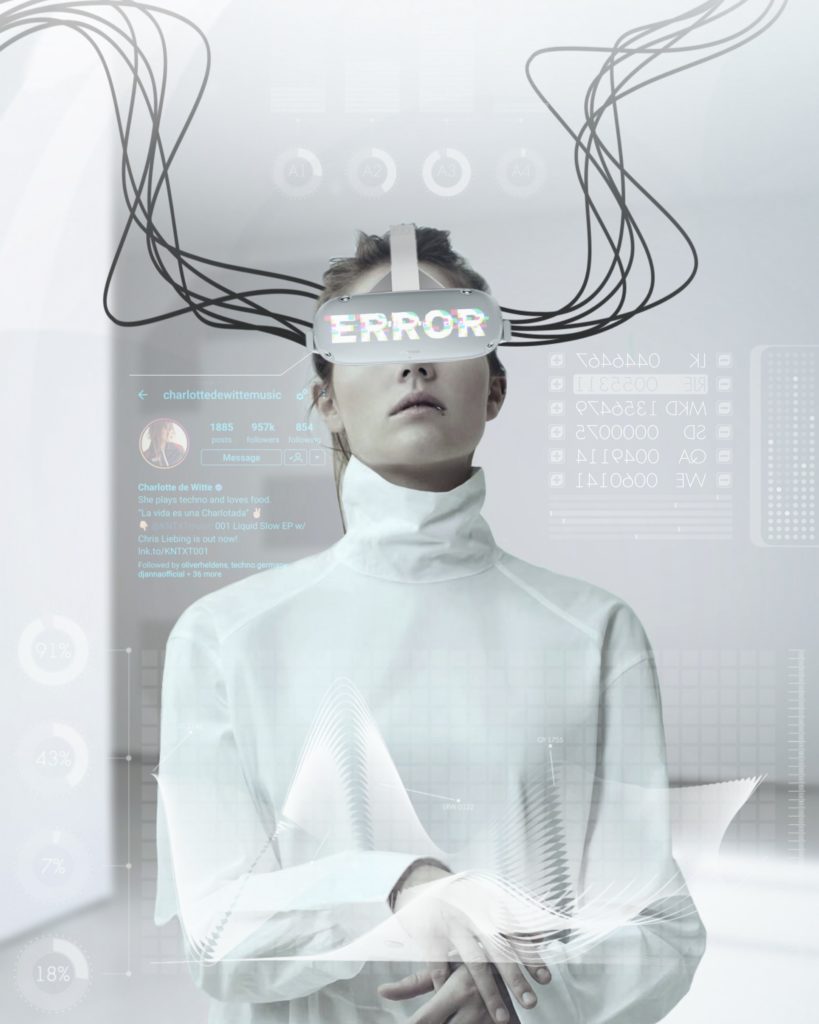
There’s been a lot of hubbub lately both online and in the media about the new AI tools that have been created. It started out with art, and then moved into the realm of writing, with the coming of various tools that are supposed to be able to generate original content. Reactions have been varied. Some people have embraced these tools as the wave of the future. Others have drawn a hard line in the sand and declared that no legitimate writer or artist would ever use them. As for me, I haven’t known what to think. I do not like the idea that I could be replaced by a collection of algorithms. But there are some writers I know and trust who’ve found useful applications for them that did not strike me as unethical uses of the technology.
I didn’t see myself using any of these tools in any capacity. But last week, someone in my writer’s group suggested that they could be used to generate comp titles for your books to assist in marketing. This seemed like something that could be useful, and also ethical, and since I have a new book coming out later this month, I tried it, using, specifically chatGPT.
I gave it a short summary of the book and asked for comp titles. I did this three different times, providing more details each time, and clarifying what I was asking for. Each time, it generated a list of ten titles, complete with one paragraph plot summaries. I was pleased. Here were some comp titles I could use in my marketing. Then I looked more closely at the plot summaries. They were eerily close to my book, so much so that I was a little afraid I was going to be accused of plagiarism. They also all kind of sounded the same, with minor rephrasing. I chalked that up to the format the algorithm was using.
So, I decided to check some of these books out and see how they were being marketed, what their covers looked like, that kind of thing.
None of the books actually existed. ChatGPT completely made them up. The plot summaries were all rephrasings of the prompt. Of the authors listed, only one was real, and she had no book even sort of like the book that was credited to her.
I tried again, this time stressing that the books should be real. Same result. Different details, but every book was fake. Obviously, this tool is of very limited utility for me. Other writers have done this and found actual comp titles. Maybe I am just uncomp-able?
Other people are finding utility in this tool, mostly for brainstorming ideas. I tried this too, and what it gave me was the most cliched and hackneyed of plot ideas. Seriously, nothing usable. One of my friends in my dnd group uses it to generate backstories for our characters, and God bless, you Jeff, but the text generated is, let’s say, ‘devoid of inspiration,’ and the plots are just rehashes of other things. Several short story markets have closed to submissions because they are being inundated with ai-generated submissions, all of which are badly written.
Also, people who’ve used it to do research for them have reported that you can’t trust anything it tells you. It comes up with stuff that sounds right but could be completely inaccurate. So, its usefulness as a research assistant is nil, at this point.
I fully grant that the problem could be me, but I am not finding this an even marginally useful tool. I know the technology is in its infancy, and will get better, but for now, I am not worried about being replaced.
And even if it does get better, I must wonder why it’s being used this way at all. I can see applications for AI. As a virtual personal assistant? Sure! As a way of completing complicated legal documents? You bet! Why is it being turned toward creative endeavors. Free us from drudgery, please, not the work that people actually want to do.
Now, if a writer wanted to use it to give them a rough first draft to get their ideas organized, and then rewrite it into something worthwhile, I can see the utility in that. I don’t think that’s unethical. But if you’re using it to just regurgitate a blog post or something, what is the point of that? There are enough blog posts in the world. We won’t miss yours. Also, as far as storytelling goes, for the most part, the stories generated are simple summaries of events. I haven’t seen anything ai-generated that was even close to an immersive scene, or a compelling character, or a shocking plot twist. AI can only, for now, spit back versions of what it has been fed.
This may change in the future, but even if it does, and an AI becomes capable of generating original fiction, I am not interested in reading it. Part of why I read fiction (and non-fiction too) is to gain the benefit of another human being’s perspective and experience. That is completely lacking if it’s written by an AI. Right now, AI has real ‘Yorkshire Terrier that has been taught to stand on its hind legs and pretend to talk’ vibes. Maybe it will get better, but even if it does, I probably won’t use it.
I’m going to keep an eye on how the technology develops. If I could download an AI assistant to help me organize myself, and do accurate research, that would be a godsend. I routinely use Microsoft Word’s editor feature, which is not exactly an AI but something close to it, and sometimes it has good suggestions. I am not anti-AI. But I think the creative work needs to be left to humans.
